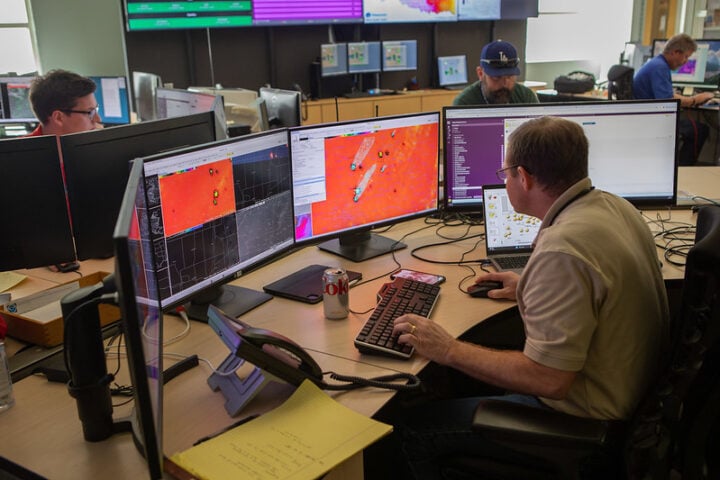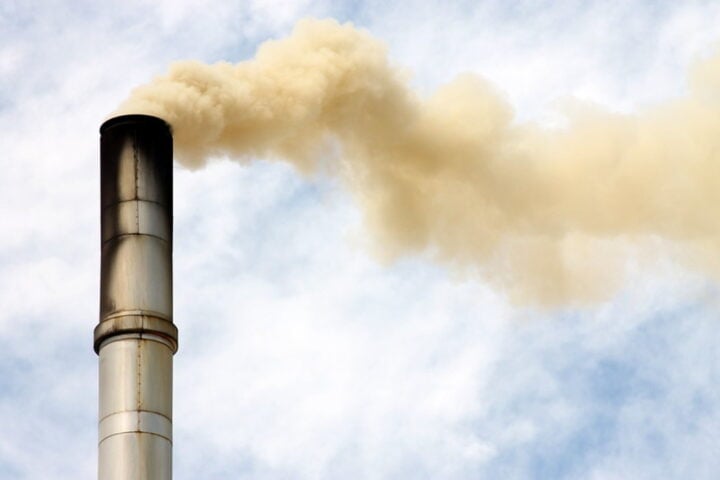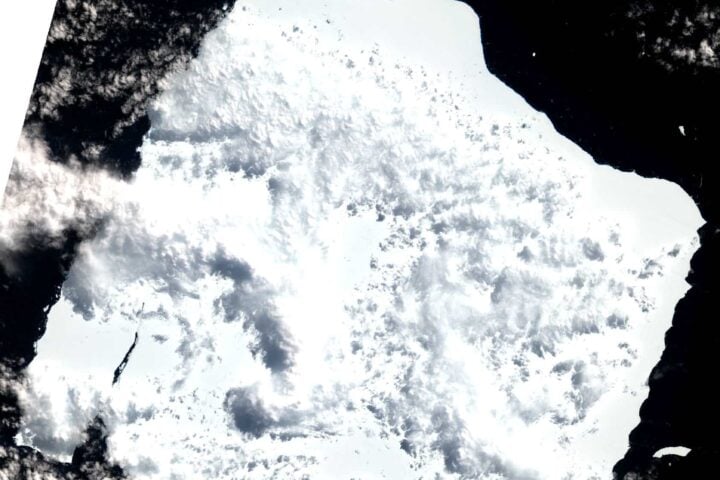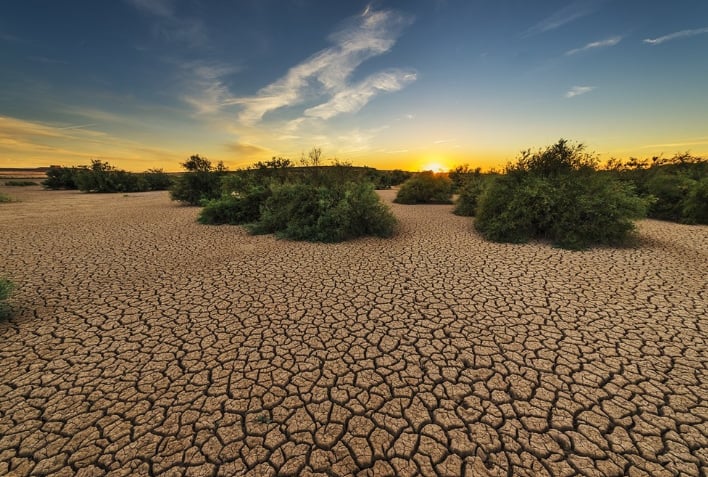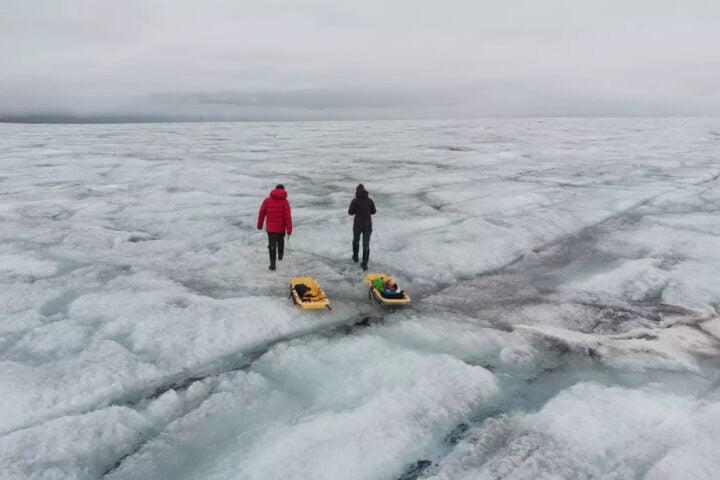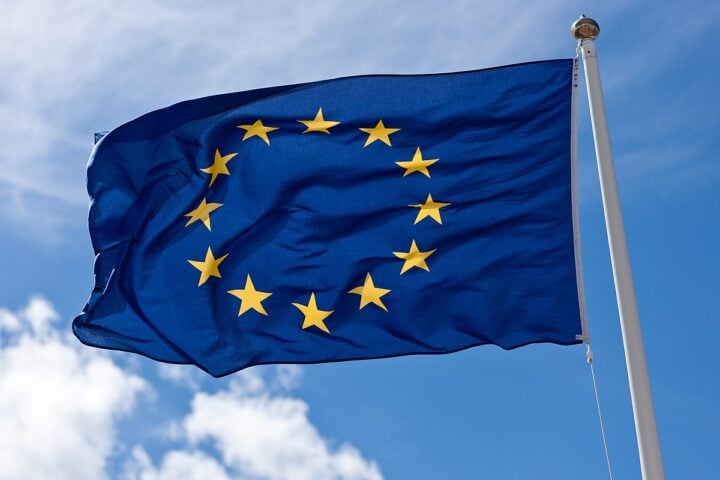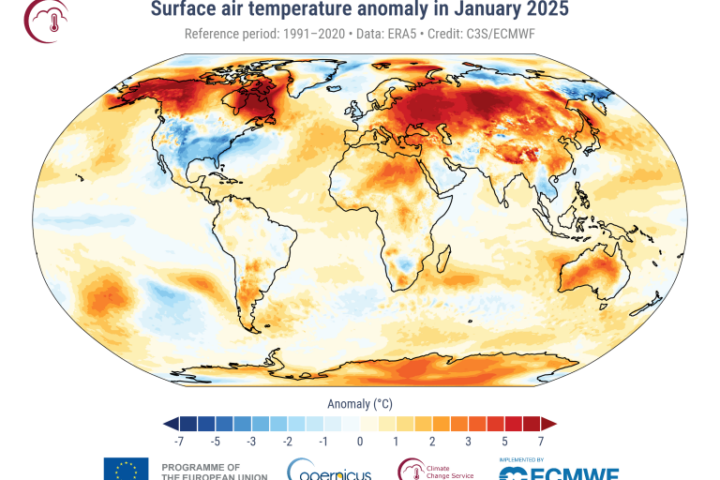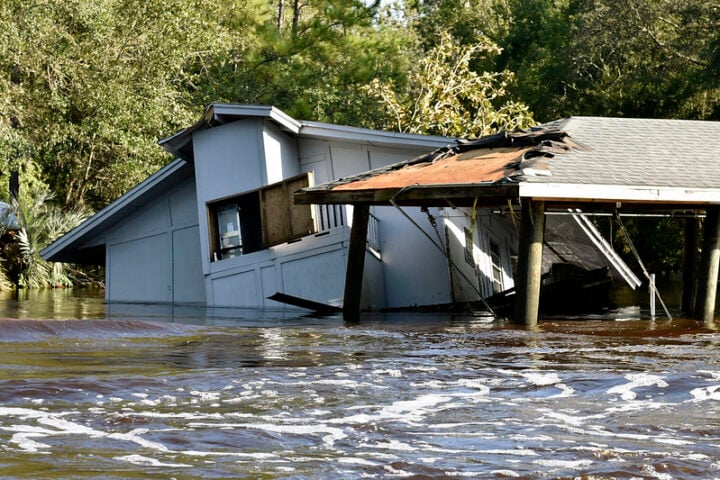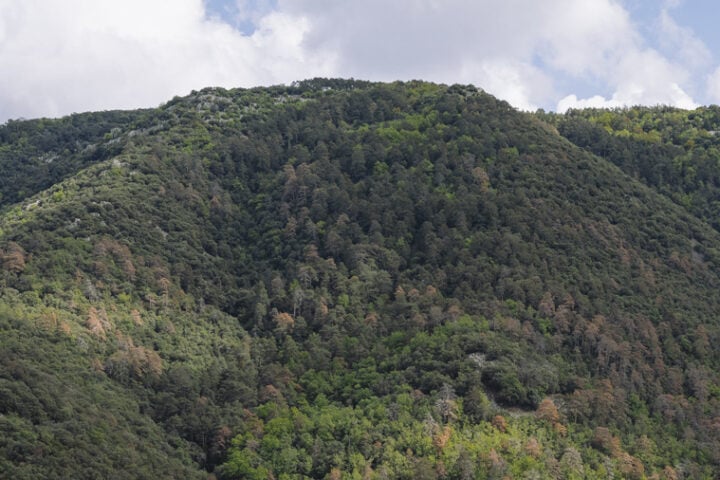Defined as an extended period of high-water temperatures, heat waves are expected to increase before the end of the century. A study on marine heatwaves by Brazilian researchers was published in the Journal of Estuarine, Coastal, and Shelf Science.
Focused on the coast of Sao Paulo, Brazil, a 35% increase in marine heatwaves is projected by 2100, according to the study. Particular species at the bottom of the food chain are vulnerable to the impacts of marine heatwaves.
In order to assess the effects of marine heatwaves, the Atlantic mangrove fiddler crab, known as Leptuca thayeri, was studied. During the crab larvae’s early days, a rise of 2 degrees Celsius in sea surface temperature resulted in a 15% drop in survival rate compared to the average temperature.
A significant rise in the mortality of the crab larvae was led by an increase of 4 degrees Celsius. A threat to the species and its surrounding ecosystems is posed by the decline in survival rates of the Atlantic mangrove fiddler crab.
Fiddler crabs lay their eggs in mangrove forests and then make their journey to the ocean after hatching. The survival rate of crab larvae is only about 1% as they return to the mangrove due to being a food source for various land species.
A crucial role in supporting the ecosystem it inhabits is played by the Atlantic mangrove fiddler crab. The Atlantic mangrove fiddler crab and its predators are put at risk by the projected rise in marine heatwaves.
The negative impacts of marine heatwaves on marine life could be helped to mitigate by the innovative technologies collectively known as Blue Tech. Reliance on polluting energy sources that contribute to global warming and overheating can be reduced by the adoption of cleaner energy sources like wind farms and solar panels.
Similar Post
The health of the surrounding ecosystem is intertwined with the survival of the Atlantic mangrove fiddler crab. Focused on protecting mangrove forests and their inhabitants,conservation efforts can help safeguard species from the effects of marine heatwaves.
The urgency of addressing climate change and its impacts on ocean ecosystems is highlighted by the findings of the research. For understanding and mitigating the effects of marine heatwaves, international cooperation is crucial.
Conservation and sustainability efforts can be promoted through public awareness along with education about marine heatwaves. For the resilience of marine ecosystems,sustainable practices, such as responsible fishing and reducing marine pollution, are essential. The importance of proactive measures to combat climate change and protect vulnerable species in our oceans is emphasized by the study.



